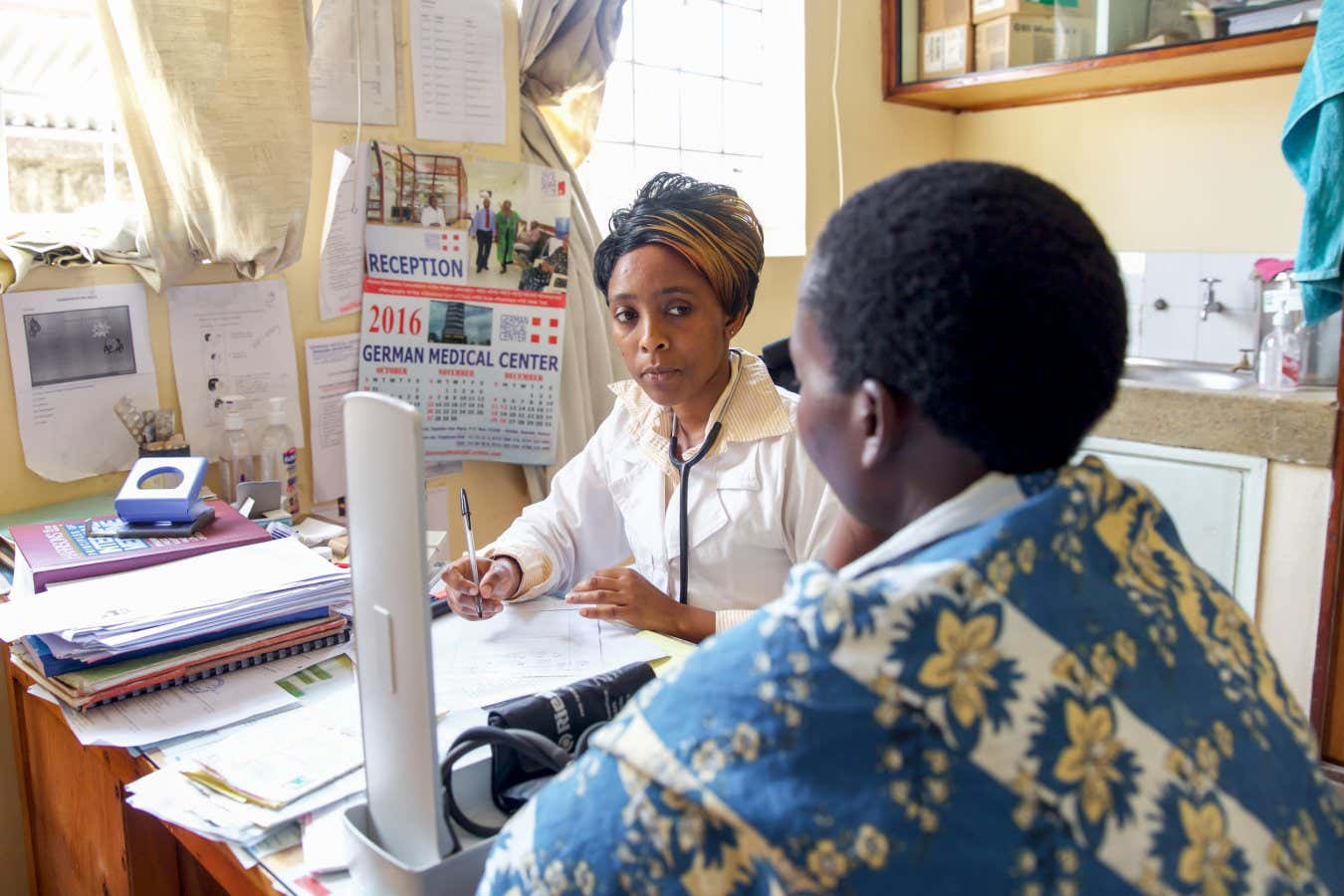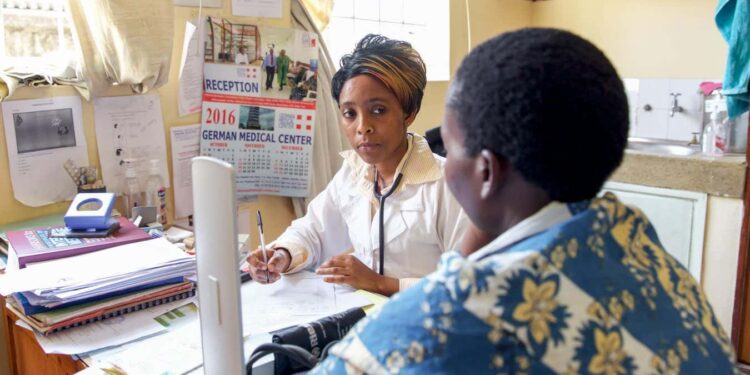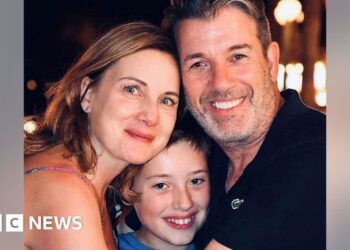
Classical type 1 diabetes may not be the most common diabetes subtype in sub-Saharan Africa
Miro May / Alamy
Some sub-Saharan African people with the autoimmune disease type 1 diabetes actually have a newly recognised, non-autoimmune form of it – which may require new treatment strategies.
All people with diabetes have difficulty producing or using the hormone insulin, which is necessary for maintaining healthy blood sugar levels. But the causes of these problems can vary. In type 1 diabetes, the issues stem from a misfiring immune system that destroys insulin-producing beta cells in the pancreas, using tell-tale “autoantibodies” to mark those cells for annihilation.
But Jean Claude Njabou Katte at the University of Exeter in the UK and his colleagues found two-thirds of young sub-Saharan African people diagnosed and treated for type 1 diabetes had none of these autoantibodies, indicating their immune systems weren’t responsible for their insulin deficiency. They also lacked the genetic risk factors that predict type 1, suggesting they have an entirely novel form of diabetes.
Research has shown autoantibodies are present in fewer sub-Saharan African people with type 1 diabetes, compared with people with the condition from high-income regions like Europe. But researchers don’t know exactly why this happens, as there is little robust data on type 1 diabetes in Africa.
So Katte and his team conducted the first multi-country study of the condition in sub-Saharan Africa. They examined the presence of three diabetes autoantibodies and genes that predict type 1 diabetes risk in 894 Black Africans from Uganda, Cameroon and South Africa. The group included male and female youths with a median age of 15 years. All participants had been diagnosed with type 1 diabetes and were being treated with insulin.
The researchers found 35 per cent of participants had autoantibodies, extremely low insulin levels and a high risk for type 1 diabetes. But the other 65 per cent produced no autoantibodies, had slightly higher insulin levels and this group’s median genetic risk score was 18 per cent lower. However, they were still insulin-deficient, and their risk for type 1 was higher than in their diabetes-free peers. Plus, they didn’t have the features of type 2 or malnutrition-based diabetes.
Silvana Obici at Stony Brook Medicine in New York says the study demonstrates the predominant type of diabetes in sub-Saharan Africa is quite different from classical type 1.
The team also compared the newly gathered African data with information from over 3000 US participants from the SEARCH for Diabetes in Youth study. Autoantibody-negative type 1 diabetes was detected in only 15 per cent of the Black American participants and 9 per cent of the white American participants. But only the Black Americans without autoantibodies had a lower genetic risk for type 1 diabetes, similar to what researchers observed in the African group. This suggests that the white people without autoantibodies still had autoimmune diabetes; type 1 diabetes autoantibodies can disappear over time, which may be why this group lacked them.
The fact that Black Africans and Black Americans had this novel non-autoimmune subtype of diabetes suggests both genetic and environmental factors may contribute to it. It might be caused by still-unknown genes that induce “beta cell vulnerability”, says Obici. Or the subtype could be triggered when chronic infections, early-life malnutrition and environmental toxins damage beta cells, or by the presence of as-yet-undiscovered autoantibodies, suggests Soumya Adhikari at Children’s Health in Texas.
Further study is important because this new diabetes subtype may require a different standard of care, says Dana Dabelea at the Colorado School of Public Health.
“At the moment, insulin remains the mainstay of treatment for this new diabetes subtype because they are also insulin deficient,” says Katte. But eventually, the subtype’s true cause needs to be identified in order to best treat it, says Dabelea.
Topics:
Source link : https://www.newscientist.com/article/2492207-new-subtype-of-diabetes-found-in-youths-from-sub-saharan-africa/?utm_campaign=RSS%7CNSNS&utm_source=NSNS&utm_medium=RSS&utm_content=home
Author :
Publish date : 2025-08-14 17:00:00
Copyright for syndicated content belongs to the linked Source.














